Carpal Tunnel Syndrome (CTS) is a common yet often misunderstood condition that can impact anyone, from office workers to athletes. It’s characterized by numbness, tingling, and weakness in the hand due to compression of the median nerve as it passes through the wrist’s carpal tunnel. While the condition is typically associated with repetitive tasks like typing, it has far-reaching implications, especially for those who depend on fine motor skills for sports, artistry, or physical labor.
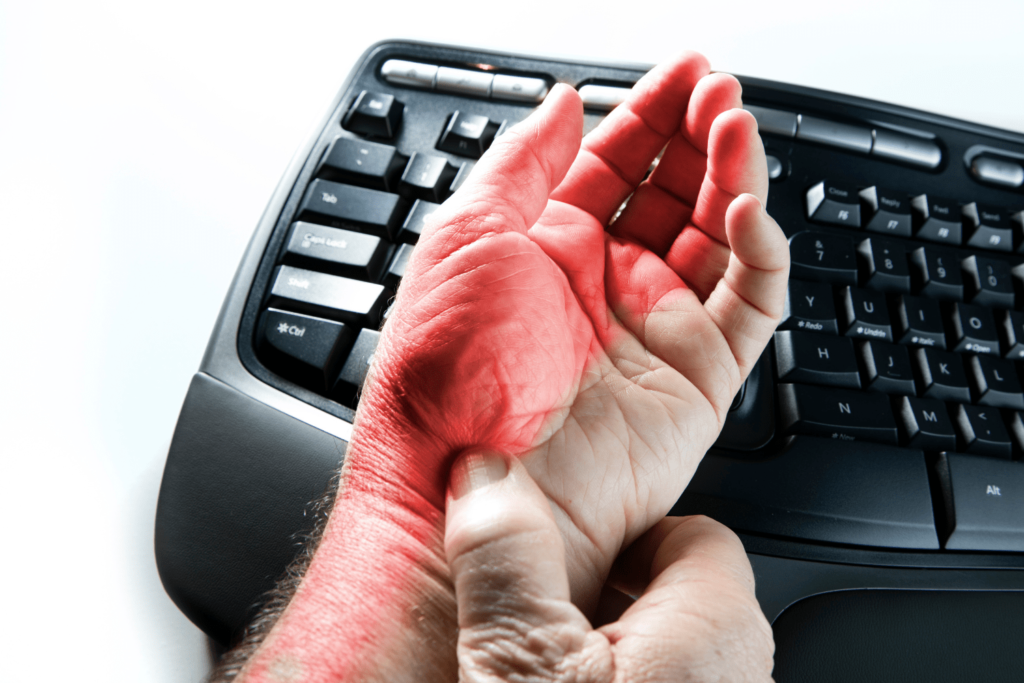


Carpal Tunnel Syndrome develops when the median nerve, which runs from the forearm to the hand, becomes compressed within the carpal tunnel a narrow passage in the wrist. This compression may result from repetitive movements, poor ergonomics, trauma, or underlying health conditions like diabetes or arthritis.
Athletes, especially those engaged in sports like tennis, badminton, or golf, are at risk due to the repetitive wrist motions required in these activities. Additionally, weightlifters and climbers who strain their wrists constantly can also experience CTS. However, it’s not confined to sports; office workers who type extensively or musicians who play stringed instruments are equally susceptible. The symptoms often begin subtly but can progress over time, leading to difficulty gripping objects, performing delicate tasks, or even sleeping due to wrist pain.
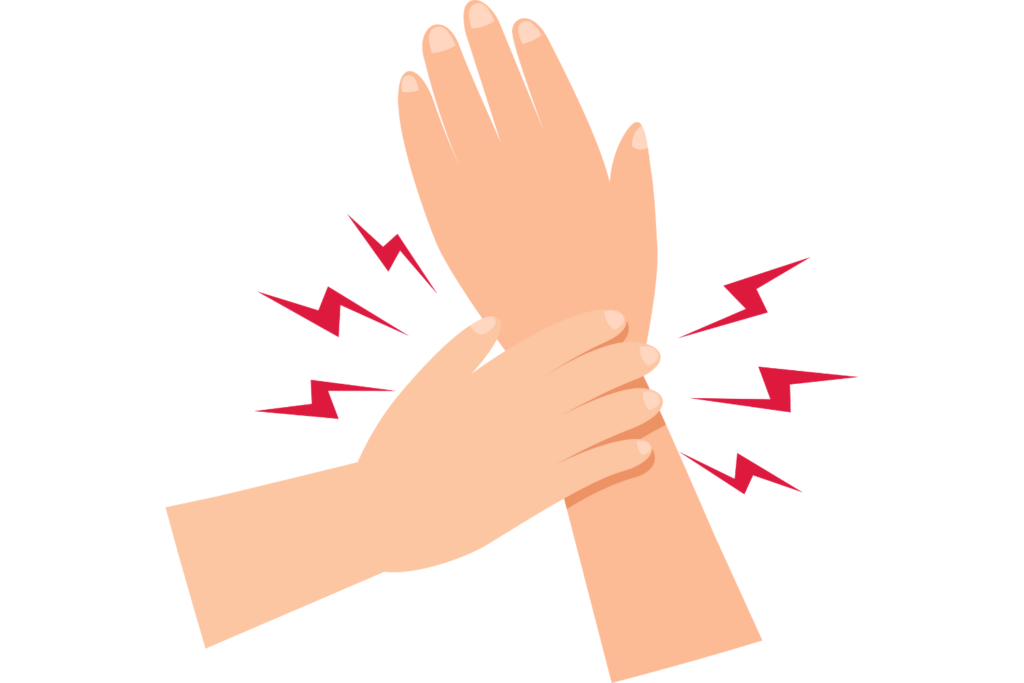
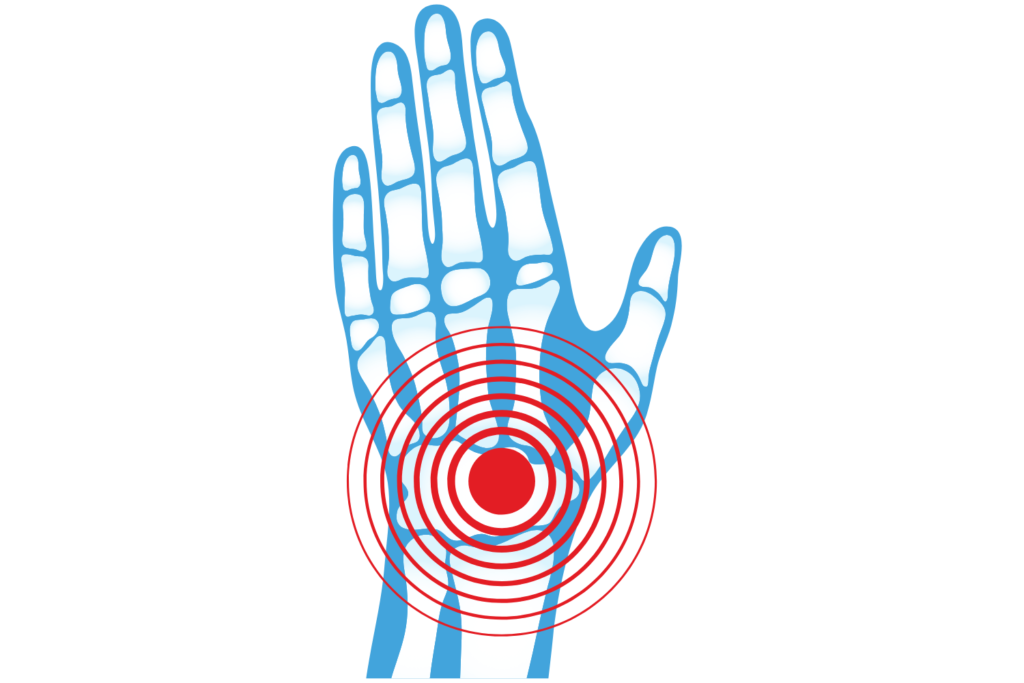
For athletes, Carpal Tunnel Syndrome isn’t merely an inconvenience—it can be career-altering. Fine-tuned wrist movements are critical for sports performance, and the loss of dexterity or strength can significantly impact results.
When a tennis player struggles to deliver a powerful backhand or a golfer loses control of their swing, these issues extend beyond mechanical difficulties. They become psychological challenges that can undermine confidence and focus. Addressing these setbacks requires a specialized approach that tackles both the physical and mental impacts of CTS on athletes.
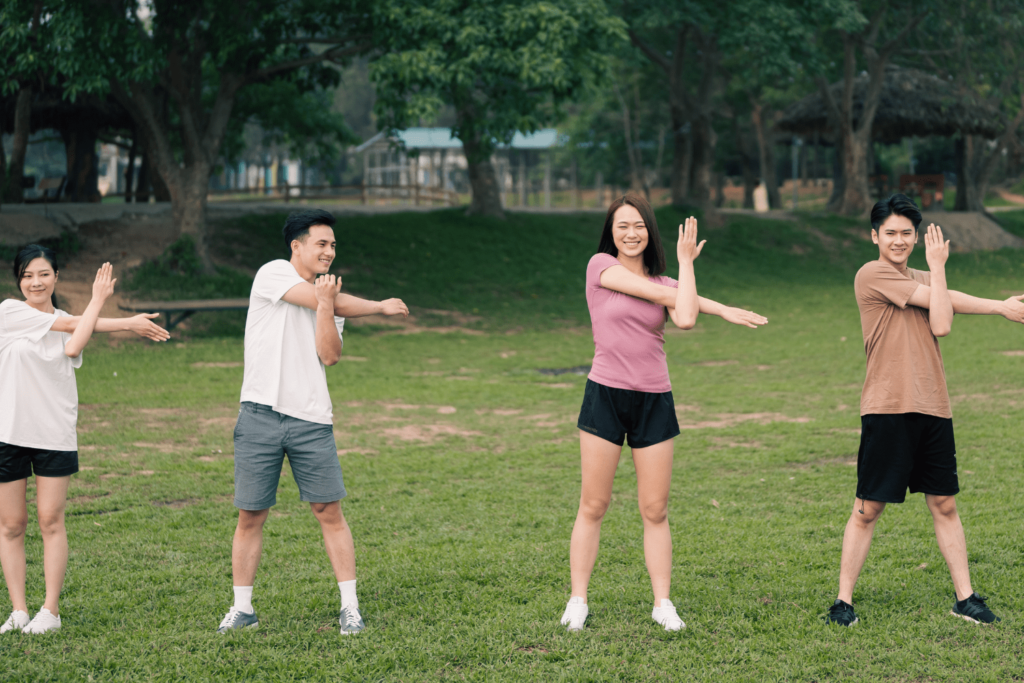

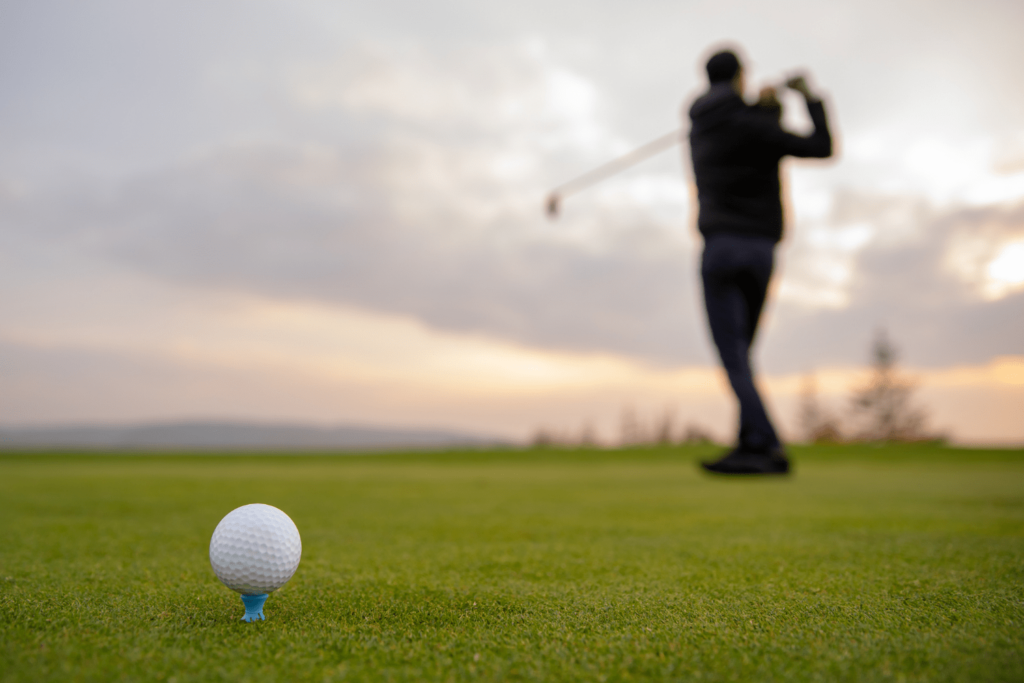
Carpal Tunnel Syndrome can significantly affect an athlete’s ability to perform at their peak. Common issues include:
Athletes face specific risks that can contribute to the development of Carpal Tunnel Syndrome:
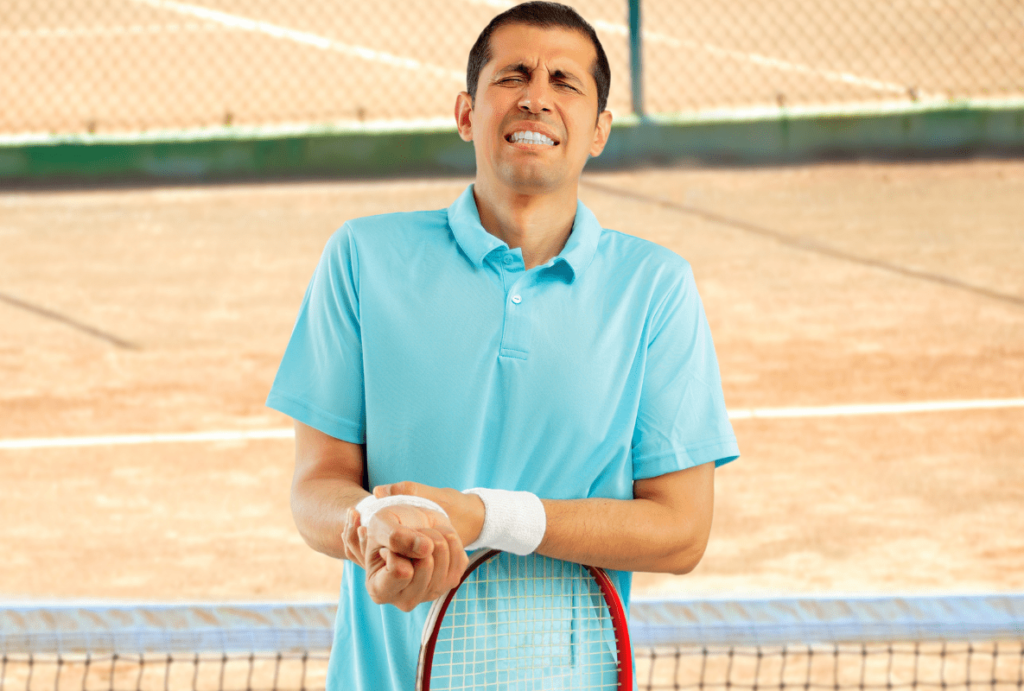
At the heart of overcoming Carpal Tunnel Syndrome lies a combination of rest, rehabilitation, and prevention strategies. Here’s how a structured approach can turn the condition into a stepping stone for strength and resilience:
1. Comprehensive Assessment – Every patient’s journey begins with a detailed assessment. For athletes, this includes analyzing their sports technique and understanding the specific demands their sport places on the wrist. Video analysis, for instance, can reveal inefficiencies or repetitive motions that contribute to strain. Correcting these movements not only alleviates current symptoms but also prevents recurrence.
2. Non-Surgical Interventions
While severe cases of CTS may require surgery, most patients benefit from non-invasive treatments:
3. Building Strength and Resilience – Once symptoms subside, rehabilitation shifts toward strengthening the wrist and forearm muscles to prevent recurrence. Resistance bands, grip trainers, and wrist weights are incorporated into the recovery plan.
Athletes also benefit from core strengthening, as improved posture and overall body mechanics can reduce undue stress on the wrist during gameplay.
4. The Mental Game – Recovering from Carpal Tunnel Syndrome isn’t just about the body—it’s a mental battle. Athletes often fear reinjury, which can affect their performance. Mental conditioning, mindfulness techniques, and counseling are integral to holistic recovery.
Prevention plays a crucial role in reducing the prevalence of Carpal Tunnel Syndrome, especially for those in high-risk groups like athletes. At our sports clinic, we promote a culture of prevention through:
Regular Monitoring – Periodic check-ups with physiotherapists help identify early signs of strain, allowing for timely intervention.
Incorporating Recovery Days – Athletes are encouraged to build recovery days into their training schedules to allow their wrists to rest and rejuvenate.
Nutrition and Hydration – A balanced diet rich in anti-inflammatory foods and proper hydration supports joint and muscle health, reducing the risk of overuse injuries.
Dealing with an injury like CTS can be mentally taxing, especially for athletes accustomed to high performance. Patience and a positive mindset are crucial for navigating the recovery journey. Engaging with a support system, whether teammates, coaches, sports doctors or sports psychologists, can help athletes stay motivated during downtime.
Carpal Tunnel Syndrome may be a challenge, but it can be tackled with the right approach, ensuring that no athlete has to put their dreams on hold. Through dedication and informed choices, the journey from strain to strength becomes not just possible but empowering.
Elevate your performance with Apex Sports Clinic! Schedule an appointment today for personalized, expert care in optimizing your athletic potential.


